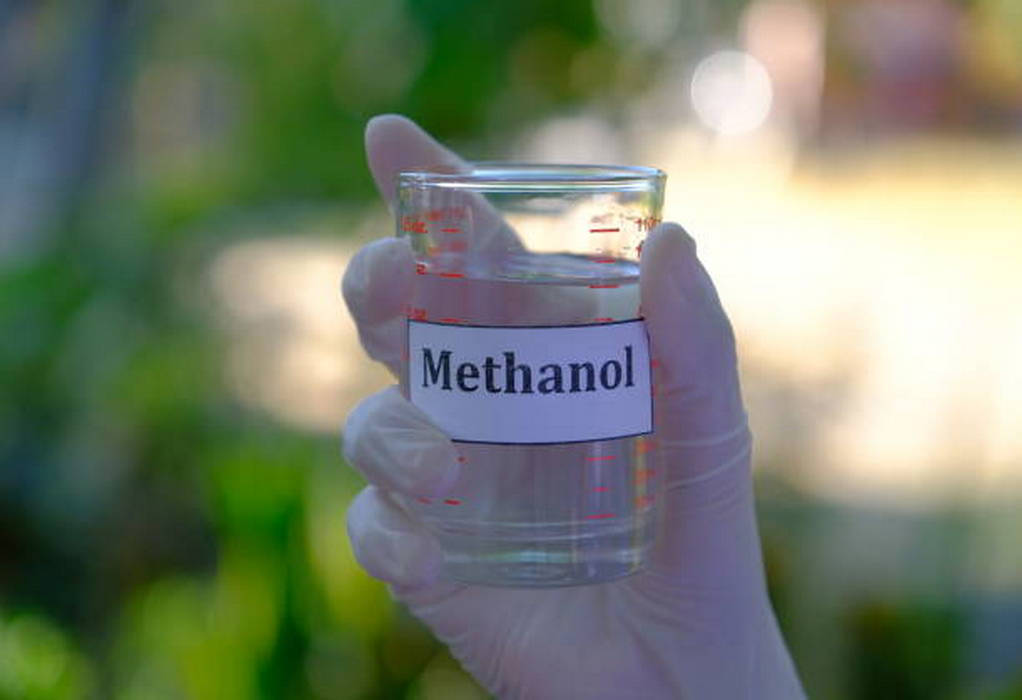The study aims to convert the CO2 generated at AGC‘s Kashima Plant in Japan into methanol.
AGC and Mitsubishi Gas Chemical Company (MGC) will conduct a study on the production of methanol made from CO2 generated from AGC’s architectural glass production.
The goal of the study is to use CCU1 technology to convert the CO2 generated at AGC‘s Kashima Plant in Japan into methanol.
The methanol will then be produced and sold.
The study targets commercialisation by approximately 2030 at the Kashima Plant.
When achieved, it will be the world’s first2 case of producing and selling ‘Circular Carbon Methanol (CCM)’3 that effectively utilises the CO2 generated from glass production.
Methanol has a wide range of applications as an essential chemical, and in recent years, its use for conversion to ethylene and propylene has been expanding.
As such, it is expected that its utilisation will widen the possibility towards carbon neutrality.
In addition to this study, AGC is also considering replacing methane gas used as a raw material in its own chemical business with CCM.
AGC’s Architectural Glass and Chemicals businesses will work together to realise the production and sale of methanol utilising the CO2 generated from glass production.
The AGC Group has set a target of net-zero carbon emissions by 2050.
Tags: AGC, CO2, Glass Production, MGC

Recent Posts
Govt to introduce hydrogen-based process for steel production
LR to support Shandong Marine Group’s green energy transition
Bureau Veritas assesses technical viability of carbon capture tech
Ricardo gets AiP for marine hydrogen fuel-cell system
K Line successfully conducts B100 trial
Centre extends bid deadline for oil, gas blocks
CoolCo inks long-term charter deal with GAIL
Airbus launches aviation liquid hydrogen project